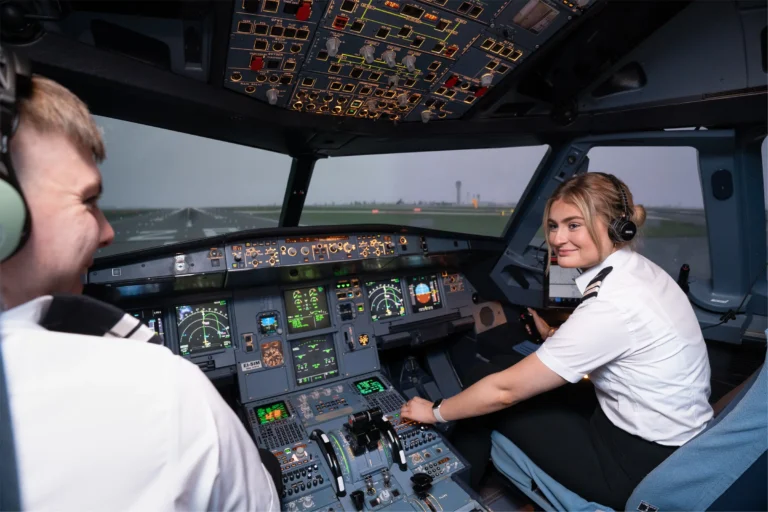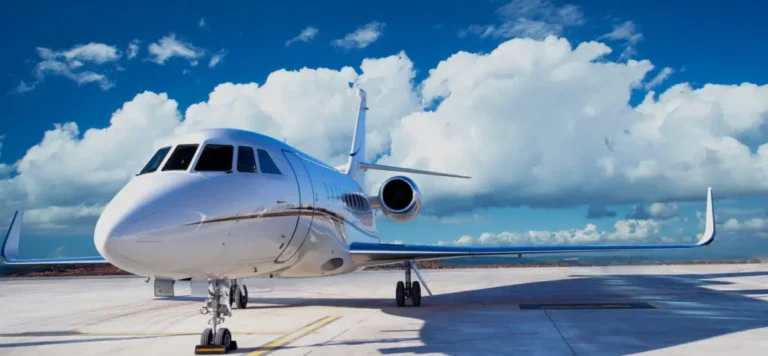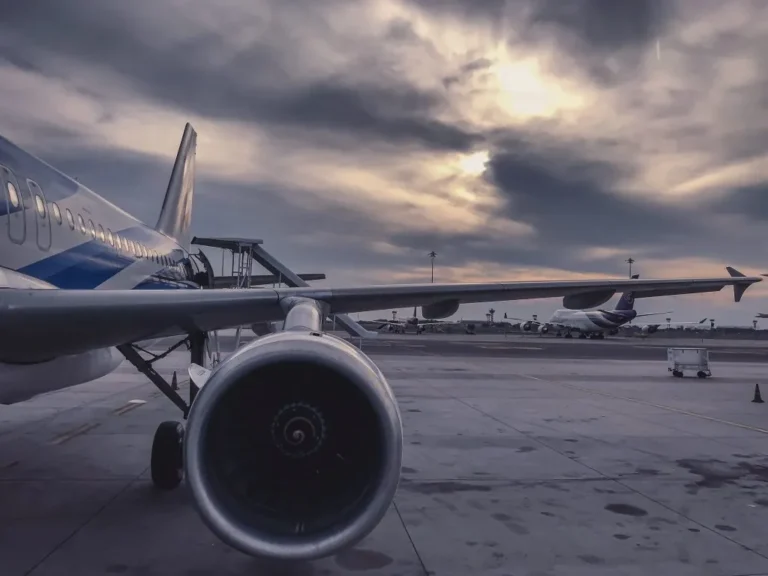Explore our expert perspective on current industry trends. Stay informed with our latest insights articles.
21 February, 2025
We interview Captain Frank Condon - Simtech Aviation's Deputy Head of Training who has a wealth of pilot and instructor experience having flown with ASL/DHL, Aer Lingus, the Irish Aer Corps as well as being an instructor for over 40 years.
Read More
21 March, 2024
Female pilots share their positive experiences of pursuing a traditionally male-career and offer essential guidance to women aspiring to earn their wings.
Read More
14 December, 2023
We know that you have so many questions about becoming a pilot and here at Simtech Aviation, we have all the answers. The exciting and challenging journey to becoming a commercial pilot is one of the most rewarding experiences that one can embark on, it is sure to fill you, your family and friends with pride at your amazing achievements and provide you with the only career you’ll ever need.
Read More
4 October, 2023
Former Simtech Alumnus, Nourhan El-Tourgman, writes about staying productive during the job hunt after you finish your training.
Read More
8 August, 2023
Former Simtech Alumnus, Nourhan El-Tourgman writes about the difference between the APS MCC and the MCC/JOC
Read More22 June, 2023
Integrated and Modular courses are the two mainstream routes to achieving the dream of becoming a commercial pilot. One of the first questions asked by a prospective pilot and/or concerned parents is – Integrated or Modular?
Read More6 April, 2023
So now that you’ve got that all-important assessment with your favourite airline, what can you do to ensure you give yourself the very best chance of making the most of the opportunity and land that dream job?
Read More